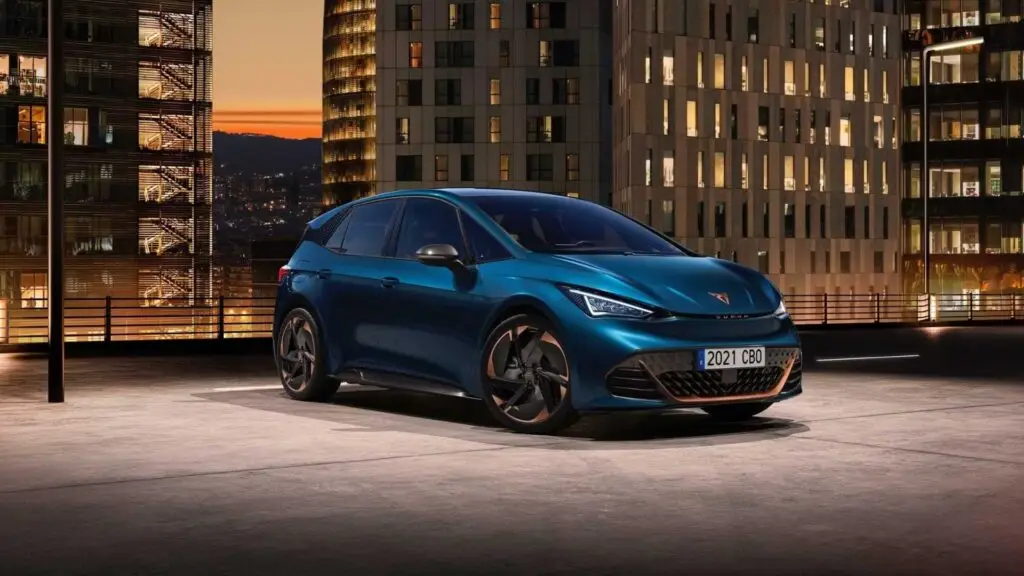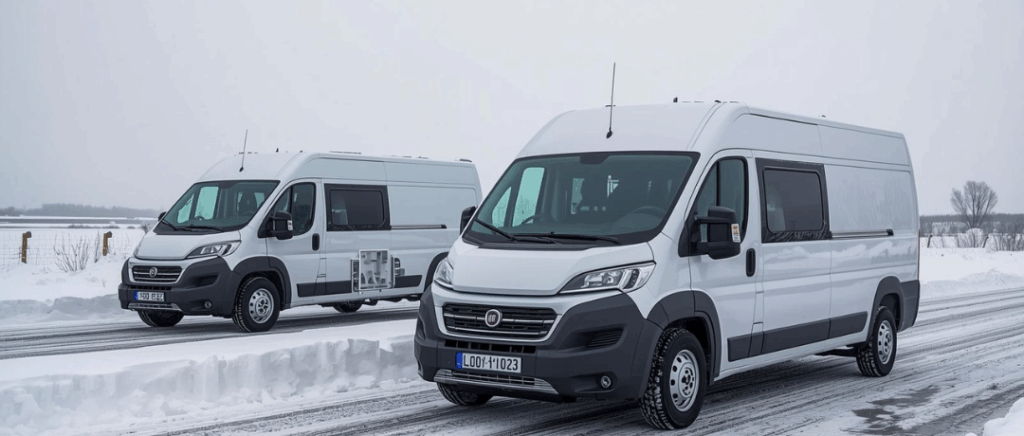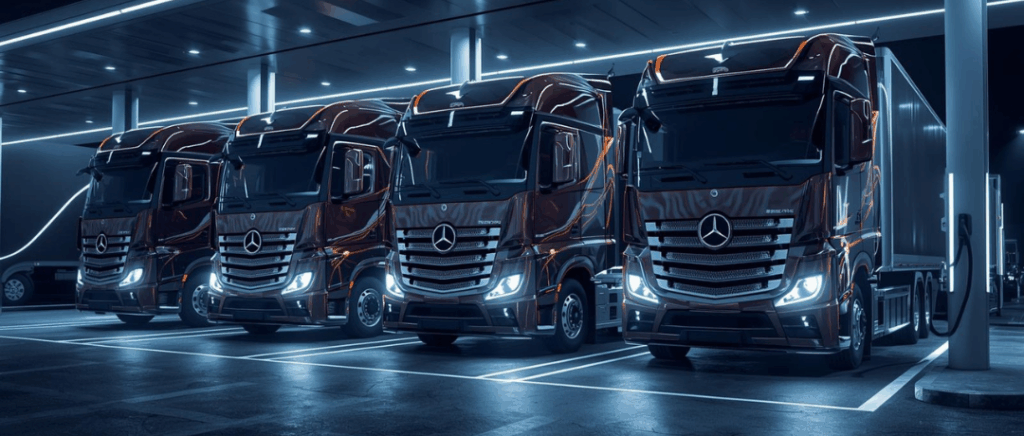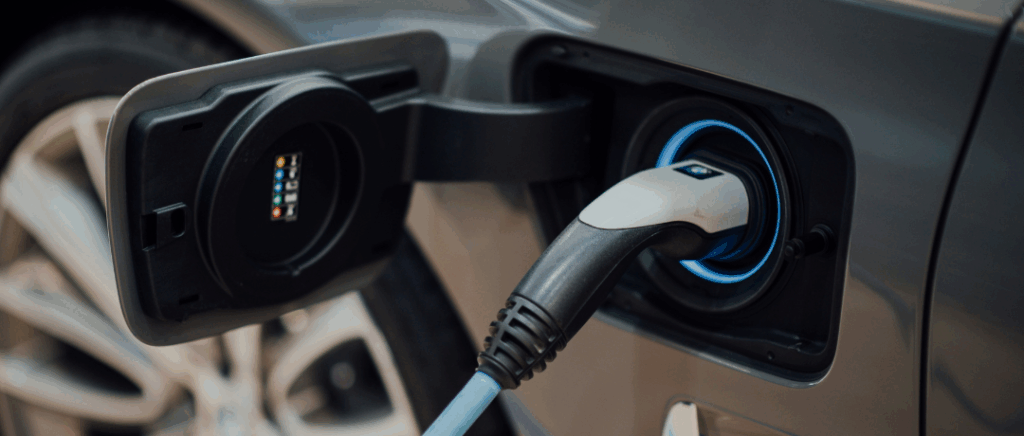Assistance
First of all, let's look at the support available for each status. As electric cars are considered to be an effective way of combating climate change, we need to look at the support available. pollutionGovernment policies ensure that their purchase is subsidised through grants and subsidies.
These grants vary depending on whether you are an individual or a company.
Find out more - Aid for the purchase of an electric vehicle
The ecological bonus
For 2024, the terms and conditions of the ecological bonus in France for the purchase or lease of an electric car, an electric van, or electric two- or three-wheeled vehicles and quadricycles have changed. Here are the updated key points:
Electric cars and vans
- For individuals:
The ecological bonus is determined according to the vehicle's engine and purchase price. The amount of aid is set at 27 % of the purchase cost, including all taxes, with a ceiling of 4,000 euros for households with a reference tax income per unit of more than 15,400 euros. For households with an income of 15,400 euros or less, the maximum eco-bonus remains 7,000 euros. Eligibility conditions include that the vehicle must run exclusively on electricity or hydrogen, and have a purchase price of less than €47,000 including tax.
- For vans :
The eco-bonus for new vans is set at 40 % of the acquisition cost (including VAT), again meeting the same eligibility criteria as for passenger cars.
Two- or three-wheel vehicles and electric quadricycles
- Two- or three-wheeled electric vehicles and quadricycles, provided that they do not use battery emissions, have also been eligible for an environmental bonus since 1 January 2017.
Overseas residents
- Residents of the French overseas departments and territories will receive an additional €1,000 in eco-bonuses, provided the vehicle is driven in the overseas department for at least 6 months after purchase.
Steps
- The eco-bonus can either be deducted directly from the purchase price by the dealer or reimbursed after purchase if you apply for it. The request must be made no later than 6 months after the vehicle's invoice date or, in the case of a lease, within 6 months of the payment of the first lease instalment.
The conversion premium
The conversion premium is a government subsidy that enables low-income households to scrap their old car in favour of a less polluting model in return for financial assistance.
For an individual, this aid allows you to benefit from :
- 2,500 if income from taxation/unit between €14,089 and €22,983
- 6,000 if RFR/p between €6,358 and €14,089 and "heavy user "*.
- 6,000 if RFR/p less than €6,358
For a legal entity, the amount of the conversion premium is €2,500.
Also worth reading -Conversion premium
Local aid
Regional or local grants are additional to the ecological bonus and the conversion premium. They are introduced by regions or towns to help motorists reduce the cost of buying an electric vehicle. They are by definition local, and there are a number of conditions for obtaining them. We have summarised the grants available locally in this table.
See also - Regional aid for electric cars
| Lieu | Pour qui | Montant maximum de l'aide | Commentaire |
|---|---|---|---|
|
Île-de-France
|
Company
|
6 000 €
|
Île-de-France regional aid: cash purchase. For businesses only.
|
|
Bouches-du-Rhône
|
Individual
|
5 000 €
|
Bouches-du-Rhône assistance: Cash purchase. LCVs are excluded from the scheme.
|
|
Normandy
|
Individual
|
6 000 €
|
Métropole Roule Propre. Subject to income conditions. LCVs are excluded from the scheme.
|
|
Occitania
|
Individual
|
2 000 €
|
Income conditions apply. Cash purchase or lease. LCVs are excluded from the scheme.
|
|
The Arve Valley
|
Company
|
from €3,000 to €5,000
|
Cash purchase
|
|
Greater Lyon
|
Company
|
5 000 €
|
Aid from the Greater Lyon metropolitan area is available exclusively for LCVs.
|
Tax advantages for electric vehicles
This is where the subject can become more complicated. When you buy an electric vehicle as a company, the taxation is very advantageous.
Vehicles purchased by companies or company vehicles (passenger cars) have several passenger seats. Commercial vehicles are limited to one or two front seats.
- We don't recover VAT on it
- Maximum amortisation period : electric cars benefit from a depreciation allowance of around €30,000. This exceptional tax measure is designed to help companies give preference to electric cars when purchasing vehicles.
- Battery damping : You can write off your vehicle's battery in certain cases.
- Exemption from tax on the use of passenger vehicles for economic purposes : In theory, any company owning a private car is subject to tax on the use of passenger vehicles for economic purposes. However, to support electric vehicles, companies are not required to pay this tax when they own an electric 100 % vehicle.
- Exemption from vehicle registration fees : Half of France's regions have voted to make vehicle registration free or virtually free when you buy an electric vehicle.
- Free parking : in a number of French cities, it is possible to park for free when you own an electric vehicle. This is particularly true of the city of Paris.
Also worth reading - Taxation of electric vehicles: your advantages
Good to know: the measures only apply to passenger cars. Visit utilities or passenger transport vehicles are subject to a taxation specific.
Benefits in kind
When a company provides one of its employees or its director with a private vehicle, it will have to assess what is known as a benefit in kind for its real value. This benefit will then be included in the driver's income in the same way as a salary, and will be subject to social security contributions and income tax.
In the case of electric cars, the rules are specific: you have to an allowance of 50 % on the total benefit in kind (total cost). This deduction is limited to €1,800 / year.
Mileage allowances
When you use your private car for work, your employer is supposed to pay you what are known as mileage allowances. For the company, these payments will be deductible and you will not pay tax on the use of private cars for business purposes. These reimbursements are exempt from income tax unless you have opted for business expenses.
Good to know: in this context, it is important to keep ALL the supporting documents you need to prove that you have actually travelled.
Who should buy the vehicle? The company or the individual?
It's a strategic question that you need to ask yourself before taking the plunge. Let's take a concrete example.
Mr X is a self-employed consultant. He has a SASU and works in Paris in the Île-de-France region. His plan is to buy an electric vehicle. Mr X intends to use the vehicle for both business and personal travel. He is not eligible for the conversion allowance. He drives his vehicle 60 km a day.
Should he buy it in his own name or in the name of his company? Let's compare the two scenarios.
| Entreprise | Particulier | |
|---|---|---|
|
Vehicle purchase price
|
40 000 €
|
40 000 €
|
|
Ecological bonus
|
0 €
|
7 000 €
|
|
Regional aid
|
6 000 €
|
NC
|
|
Amortization
|
30 000 €
|
NC
|
|
VAT
|
0 €
|
NC
|
|
Tax on the use of passenger vehicles for economic purposes
|
0 €
|
NC
|
|
Vehicle registration document
|
0 €
|
0 €
|
|
Mileage allowance
|
NC
|
He works 200 days a year and therefore travels 12,000 km a year in his car in the course of his work.
|
|
Benefits in kind (actual valuation)
|
Car: €8,000 / year Maintenance: €200 incl. VAT/year Insurance: €1,000 incl. VAT / year Total cost: €9,200 incl. VAT / year The flat rate applied will be 30 % of the total annual cost 9,200*30 % = €2,760 The 50 % allowance for 100 % electric vehicles must be taken into account. 2,160 * 50 % = €1,380 The amount of the allowance is capped at €1,800 per year. The value of the benefit in kind is therefore 1 380€. |
NC
|
In this case, it is much more attractive to buy as a professional, because the purchase price is lower than as a private individual, the vehicle represents a very low cost for the company and the benefits in kind are very attractive.
As you can see, the choice of purchase depends on a number of factors:
- your activity
- your reference tax income, which may or may not entitle you to certain forms of assistance
- the need for the vehicle for business and personal travel
- geography: depending on your place of work or residence, regional aid will not be the same
For more information, we've put together a guide to this topic to explore the different aspects in depth:
Read our article about :

































